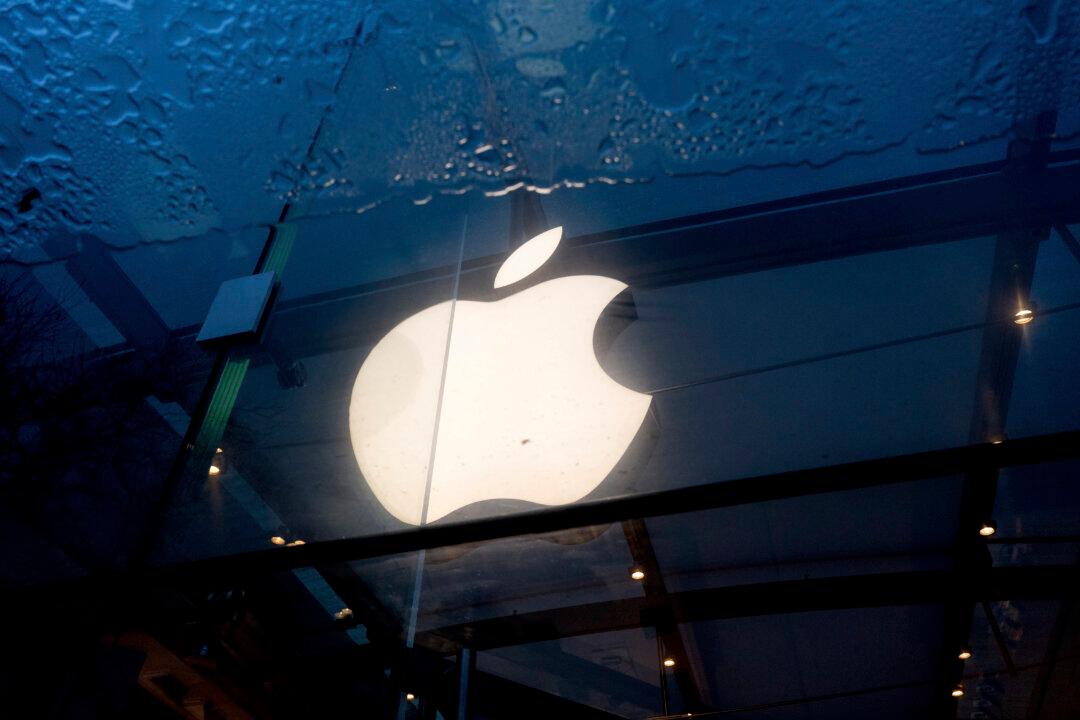Apple’s market capitalization tumbled by roughly $113 billion on Thursday after the U.S. Department of Justice (DOJ) filed an antitrust lawsuit.
The lawsuit was filed by the DOJ and 16 states on March 21, alleging that Apple was illegally monopolizing the smartphone market. On Wednesday, Apple shares closed at $178.66. By the end of Thursday, shares fell to $171.29, a decline of 4.12 percent. The company’s market capitalization declined by roughly $113 billion, to $2.65 trillion. Year to date, Apple is trading down by nearly 8 percent while its market cap is below the $3 trillion mark from late January. Apple has underperformed both the S&P 500 Index and NASDAQ 100 so far this year.





